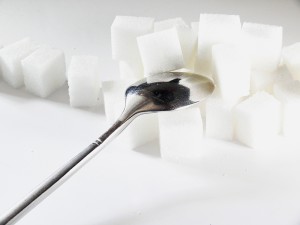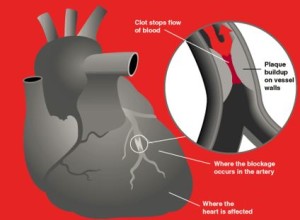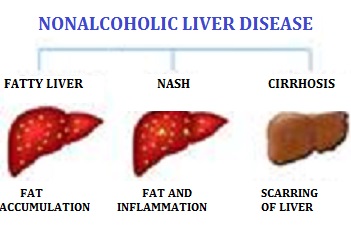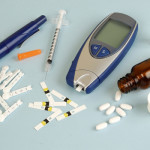10 Reasons to Decrease Sugar from Diet
It has been several years, since we were told to decrease the salt in our diets.
Then, we were told to cut back on sugar because researchers linked it to obesity, type-2 diabetes and many complications related to these disorders.

In 2016, the general advice is to drop sugar from your diet altogether. This is, of course, tricky because many of us have a sweet tooth, thanks to diets that are rich in sugary tastiness. The more sugar we have eaten over the years, the more our body craves it now. It doesn’t help that pastries, cakes, glazed donuts, ice cream and many others seem to be right in our path as we shop with healthy intention for the foods we have been told make up the optimal diet.
It’s just the way of things are.
The Huffington Post reported that in the United States, the average person consumes more than 126 grams of sugar daily, which is almost twice the average sugar intake of all 54 countries observed by Euromonitor.
Additionally, 126 grams is two times more than the recommended daily intake, which the World Health Organization designates to be 50 grams daily for people of normal weight.
However, eliminating sugar from your diet could save you from myriad health problems in the future.
But is eliminating sugar from your diet even a practical recommendation. Perhaps a better strategy would be take smaller steps and focus on decreasing your intake of sugar.
The following are ten reasons why you should consider eliminating or decreasing, significantly, sugar from your diet:
Depression and Sugar Intake

Sugar is on Prevention’s list of 5 foods that cause depression – and for good reason. Multiple studies have suggested that there is a link between a diet rich in sugar and depression.
It’s important to remember that the foods you eat don’t just release their nutrients, sugars, and calories into your belly and thighs; they also send them up to your brain.
Obesity and Sugar Intake
Sugar has been referred to as the new tobacco.
Sugar is loaded with empty calories (energy) that your body stores for future use. However, the future use by your body never comes and eventually all that stored energy is converted to fat.
Blood Pressure and Sugar Intake

More and more Americans are being diagnosed with high blood pressure, and Mayo Clinic suggest that a poor diet is one of the biggest risk factors.
The more sugar you eat, the more your bad cholesterol levels can increase resulting in hardening of the arteries which can lead to heart disease and increases in blood pressure
Heart Disease and Sugar Intake

It doesn’t matter how much you weigh, consuming more sugar just increases your chances of developing heart disease and having a heart attack.
Figures in the past have shown that people who consume 25% more sugar than everyone else have a stronger chance of dying of a heart attack.
Sugar Is Addictive
While sugar is not classed as a drug, its effects are similar to heroin. For this reason, sugar is just as addictive as illegal drugs. They hijack the same neural pathways as heroin and cocaine leaving people craving more and more.
In addition, just like drugs, sugar can easily be abused.
Sugar Is Linked To Fatty Liver Disease

Sugar is largely composed of two simple types of sugars:
• Fructose
• Glucose
Fructose is very much the “evil twin” and heads immediately to your liver. Over time, too much sugar can cause a fatty liver, which, if left untreated, can lead to chronic liver disease or cirrhosis.
Sugar Is Linked To Diabetes

No doubt, the biggest connection researchers have made is the one between sugar and diabetes.
Diabetes happens when your pancreas doesn’t create enough insulin (hormone that helps turn glucose into energy) or the cells of your body are not able to take up glucose to use for energy.
Type 1 Diabetes occurs when your pancreas does not produce enough insulin.
Type 2 Diabetes occurs when the cells do not utilize glucose appropriately, due to the development of obesity.
Sugar Could Cause Cancer
Although tests are still at their tentative stage, there is some research that suggests sugar could cause certain cancers.
Sugar Rots Your Teeth
Although sugar is certainly not the sole reason for oral issues, it can certainly cause some damage to your teeth.
This is because it leaves behind a trail of debris in your teeth, which, over time, can lead to plaque and ultimately cavity formation.
You’ll Feel Less Hungry
Because sugar is so addictive, it just makes you want to eat more and more. Cutting it out from your diet will harmonize your appetite and you’ll no longer feel like a bottomless pit of starvation.
If you want to optimize your health and the health of your children then start eliminating or at least decreasing sugar from your diet and start living a healthier, longer, more optimal life.